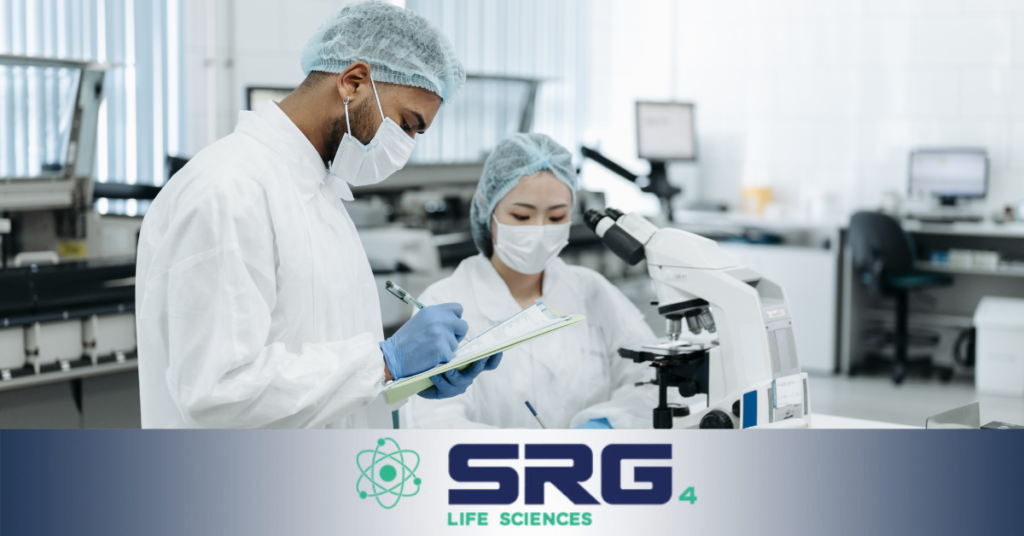In the life sciences sector, regulatory affairs professionals play a critical role in ensuring companies meet rigorous standards that protect public health. Whether it’s pharmaceuticals, biotechnology, or medical devices, each area within life sciences faces strict compliance requirements enforced by agencies like the FDA and EMA.
Regulatory affairs experts help companies navigate these complex rules, ensuring that products not only reach the market efficiently but also adhere to the highest safety standards. With the life sciences industry growing rapidly, demand for skilled regulatory affairs professionals has never been higher. If you’re interested in specializing in regulatory affairs, here’s what you should know.
The Role of Regulatory Affairs in Life Sciences
Regulatory affairs professionals serve as the bridge between life sciences companies and regulatory bodies. They ensure that products are developed, tested, and brought to market following all applicable standards and laws.
In addition to navigating existing regulations, these experts prepare documentation for product approvals, manage submissions, and coordinate compliance efforts across departments. Their work not only safeguards public health but also protects companies from potential fines, recalls, and reputational damage.
Essential Skills and Qualifications for Regulatory Affairs Careers
To excel in regulatory affairs, professionals need a blend of specialized knowledge, analytical skills, and attention to detail. A strong foundation in life sciences, such as a background in biology, chemistry, or pharmacology, is essential. Additionally, knowledge of regulatory requirements for different markets, including FDA and EMA guidelines, is critical. Most roles also require familiarity with industry-specific regulations, such as Good Manufacturing Practices (GMP) and Good Clinical Practices (GCP).
Communication skills are equally crucial in regulatory affairs, as professionals often collaborate with scientists, legal teams, and external regulatory bodies. Strong writing skills are particularly valuable, as regulatory documentation must be clear, accurate, and detailed. Adaptability is also essential in this field, as regulatory requirements can shift rapidly in response to new scientific discoveries or changes in policy.
How to Advance Your Career in Regulatory Affairs
For those already in regulatory affairs, advancing in this career requires a proactive approach to professional development. Many regulatory affairs professionals seek certifications, such as the Regulatory Affairs Certification (RAC), to demonstrate expertise and commitment to the field. Building experience across different stages of product development and various regulatory environments, like pre-market approvals or post-market compliance, can also expand career prospects.
Networking and mentorship are valuable for career growth in regulatory affairs, too. Joining professional organizations, attending industry conferences, and participating in online forums can help regulatory professionals stay informed about changes in the industry. Learning from experienced mentors can also provide insights into navigating complex regulatory landscapes and developing strategies for effective compliance management.
Current Trends and Challenges in Life Sciences Compliance
The regulatory landscape in life sciences constantly evolves, driven by advancements in biotechnology, gene therapy, and personalized medicine. As companies innovate, regulatory professionals face the challenge of ensuring these groundbreaking treatments comply with established frameworks. Additionally, with increased emphasis on digital health and data privacy, new regulations are emerging around cybersecurity, data integrity, and patient privacy, adding another layer of complexity to compliance.
Global regulatory alignment is also a growing focus as companies seek to streamline product approvals across multiple countries. However, meeting diverse regulatory standards across regions remains a significant challenge. Regulatory affairs professionals must stay updated on international requirements and adapt to each market’s unique demands.
Launch Your Regulatory Affairs Career with The Staffing Resource Group
SRG4 connects life sciences professionals with rewarding opportunities in regulatory affairs. Our team understands the unique demands of this industry and is here to help you find roles that match your skills and aspirations. Whether you’re starting in regulatory affairs or looking to advance, we have the resources and connections to support your journey. Apply today and experience the SRG4 difference!



